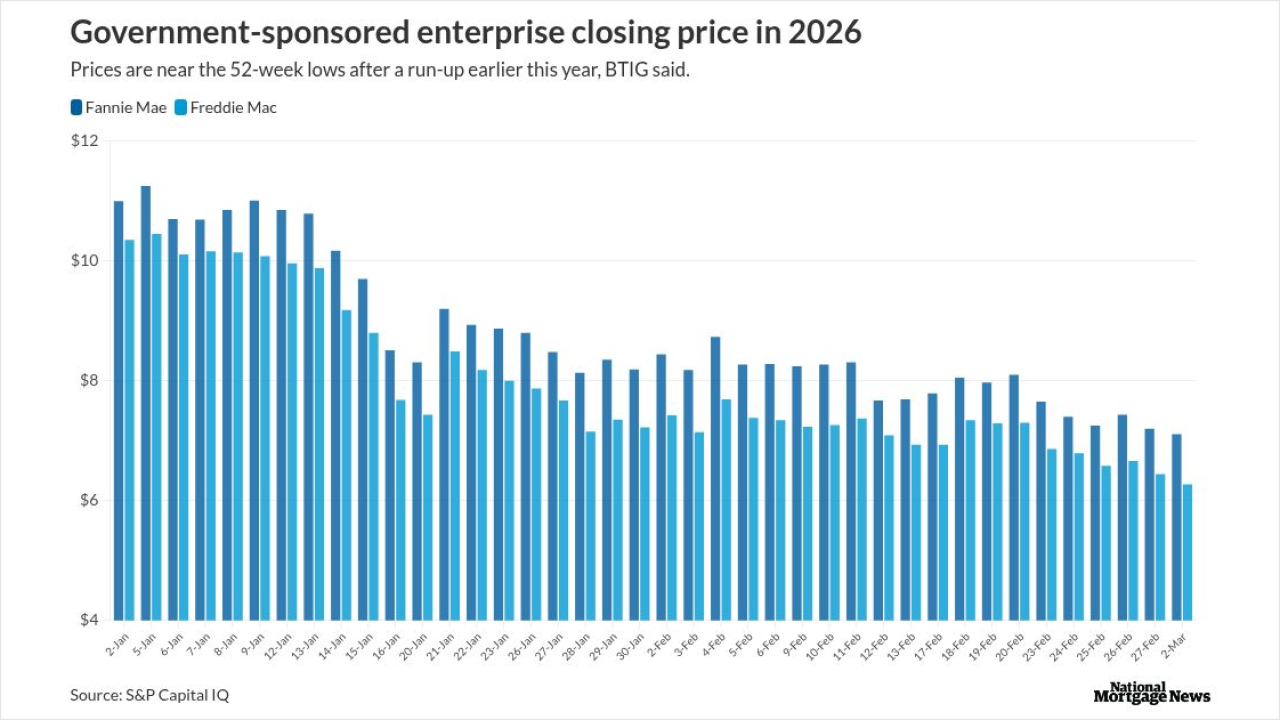Certifid has doubled the amount of insurance coverage provided
The change expands the coverage that
A sign of that is the promotions announced by a trio of wholesalers — Rocket TPO, United Wholesale Mortgage and Pennymac —
Wire fraud is a scheme categorized by the Internet Crime Complaint Center of the Federal Bureau of Investigation as part of the grouping of business email compromise. A June 2023 IC3 report on business email compromise noted $446.1 million of victim losses during 2022 were related to incidents that have a real estate connection. This was up from $430.5 million in 2021 and $258.4 million the year before that.
Certifid pointed out that traditional forms of cyber and crime insurance typically limit or exclude coverage for wire fraud losses caused by BEC-related incidents. That is why it created this program in the first place, working with a Lloyd's of London insurance marketplace participant.
"We've been evolving to meet the growing threat of wire fraud caused by an explosion of cyber-enabled crime," said Hugh Sprowson, chief underwriting officer at Casper Speciality Lloyd's Syndicate number 7935, in a press release. "We are pleased that our partnership with Certifid has allowed their clients to better mitigate and manage the risks now associated with real estate transactions."
Other firms maintain third-party insurance coverage similar to this but they do not provide direct first-party level coverage for customers as Certifid does.
With first party insurance the claim is paid directly to the insured individual or business; third-party coverage provides compensation to another party when the insured person or business could be liable for damages.
"We value our partnership with Lloyd's underwriters who have been by our side continually evaluating market conditions, risk management performance, and customer demand," Tyler Adams, Certifid CEO's said.
Separately, Certifid recently put out a guide to secure refinance transactions, in anticipation of this segment growing as mortgage rates continue to decline.
Refis made up
"The rush to close deals led to an explosion in wire fraud, as criminals capitalized on the human errors made due to the increased volume and speed at which transactions were being processed," the report said.
Among the common fraud tactics the report warned originators to be on the lookout for were: spoofing and BEC, as well as social engineering, where the fraudster manipulates the victim into acting, falsely claiming it was in their best interests.
The pressure to close these loans can result in key steps in the process being missed, such as verification of a new applicant by a loan officer "who's hungry for new deals," the report said.
Normally loan officers and the title agents who close loans have long-standing relationships. That could lead to the assumption that everything is in order regarding the transaction without additional checks.
"This assumed trust can be a risk factor, particularly in an era where real estate transactions have become a prime target of wire fraud," the Certifid report said.
"Requiring verification of a client or transaction — even in established relationships — isn't a sign of mistrust, but rather a way to strengthen trust."




